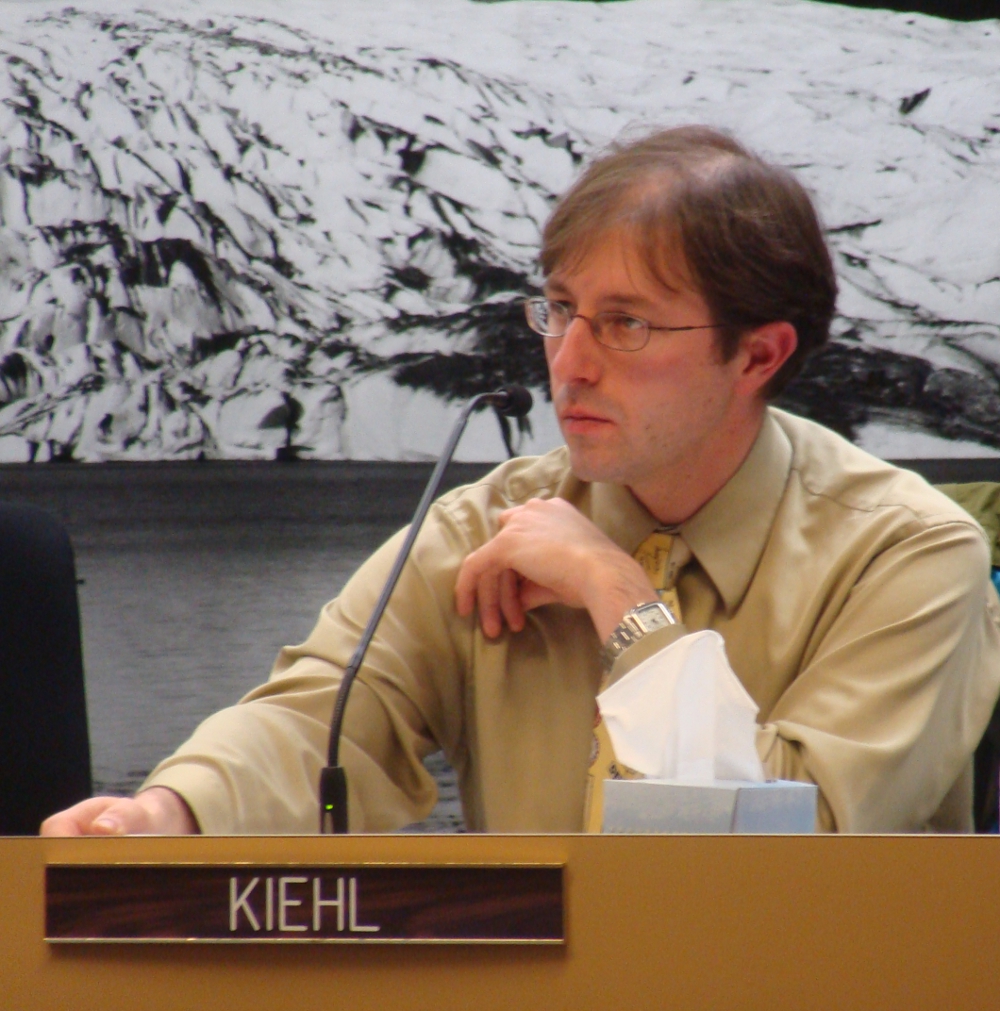
The Juneau Assembly has dusted off the 34-year-old agreement between the city and borough and AJT Mining Properties.
The panel last night approved a resolution updating the compact signed in 1979 that allows CBJ and AJT to act as a single entity for future exploration and development.
Juneau owns two-thirds of the AJ Mine property and one-third of the Treadwell Mine in Douglas. AJT, a sister company to Alaska Electric Light and Power, owns the rest. Engineering director Rorie Watt says the purpose of the agreement is to join the property together to find an interested party.
The AJ Mine near downtown closed in 1944 and an effort to re-open it in the 1990s failed. The Assembly in 2011 created a task force to study the circumstances under which it should promote mine development. While the work of the task force is done, a review of the CBJ and AJT agreement has been a goal of the current Assembly.
City Manager Kim Kiefer calls the changes “housekeeping.”
“It’s got a three-year agreement that it’s good for then it will have to be reviewed again at that point. The other piece is both AJT and CBJ have to agree on anybody looking at the records that they have.”
The Alaska State Library owns all the maps, reports and other exploration and mining records for the AJ and Treadwell properties. Those records are sealed from public review until 2025, so any mining company that wants to look at the records would have to have the approval of both entities.
According to Kiefer, the resolution only demonstrates the commitment of CBJ and AJT to make the property available for responsible development.
During assembly discussion, a motion was made to pass the resolution, but assembly member Karen Crane said there was a shortage of information.
“It lists particular areas and sections of Juneau and Douglas. I have no maps to refer back to those. There’s been no discussion at the assembly level that I know of and I’d like to see this referred back to the committee of the whole.”
Members Loren Jones and Jesse Kiehl agreed with Crane.
Kiehl also had several questions for city staff, including one on Section 5 of the resolution. It says the assembly may appoint a committee of its members that would have the same authority and duties of the assembly. Kiehl worries the subcommittee could appropriate money as stated in the unitizing agreement, which conflicts with city charter.
City attorney Amy Mead said the language in the agreement and resolution has been in place for a long time and conforms with city charter and code, which Kiehl questioned.
“That is in a resolution that has already been adopted. The resolution that adopted the two prior agreements – that’s where that language came from,” Mead said.
“Do we have a copy of that in our packet tonight?” asked Kiehl.
“No,” she replied.
“Do we have a copy of the prior agreements repealed by these agreements in our packets tonight?” Kiehl continued, to which Mayor Merrill Sanford said, “No.”
“Have we provided any of this to the public at all?” Kiehl asked.
Again, Mayor Sanford said, “No”
Kiehl made a motion to table the resolution until the next assembly meeting, which failed.
The original motion to pass the resolution carried, with Crane, Kiehl and Jones voting no.
Juneau’s major water source is Last Chance Basin, which sits atop, adjacent to and beneath the ore body. Protecting the water supply was the AJ Mine Advisory Committee’s top priority.
